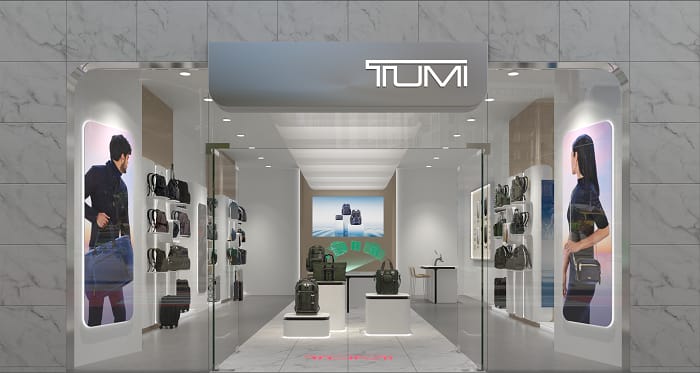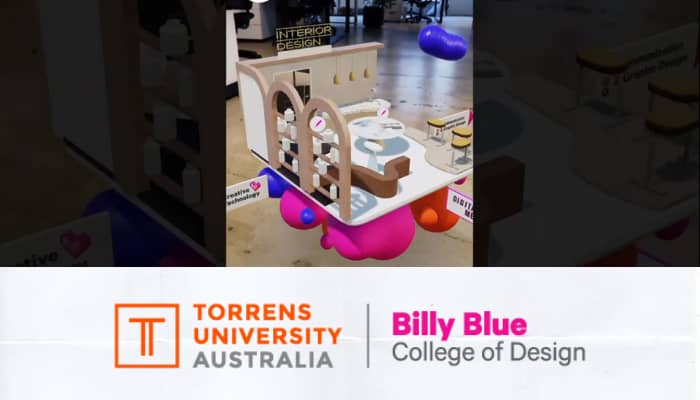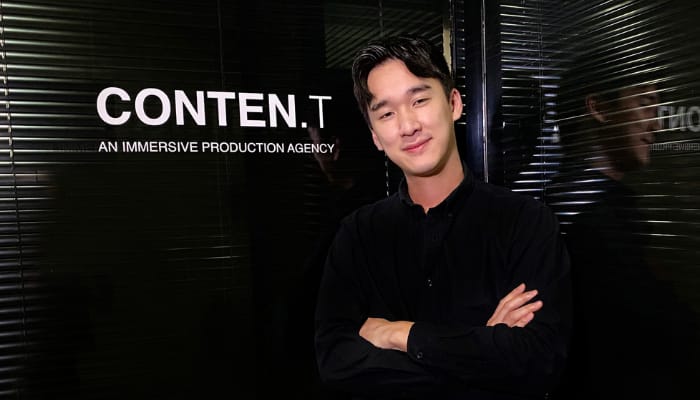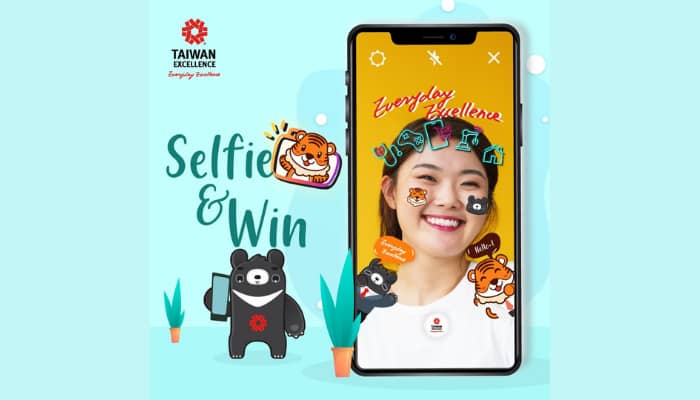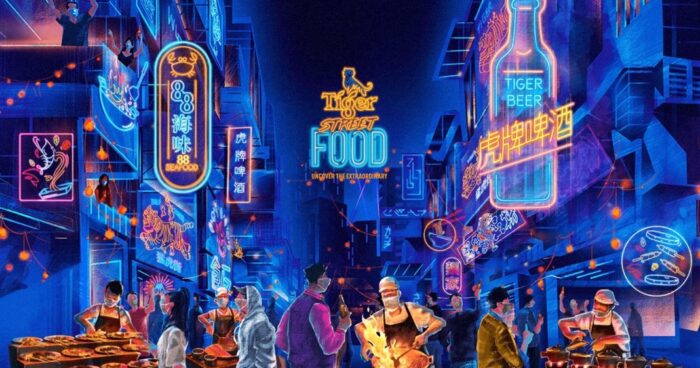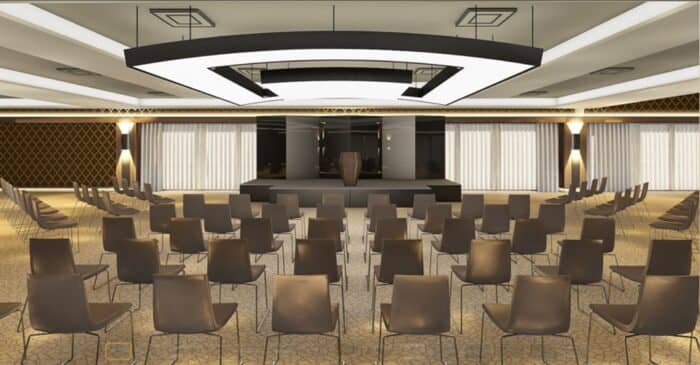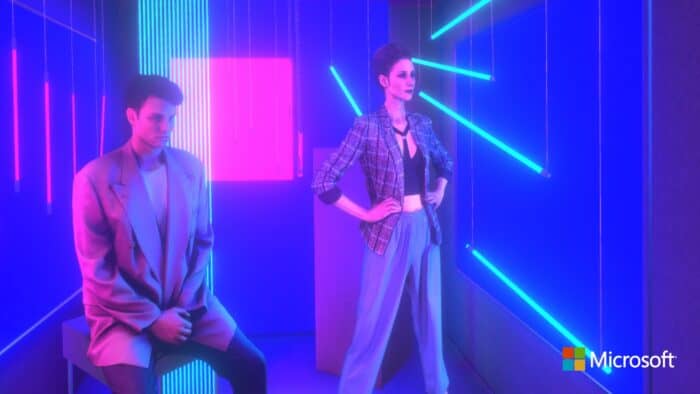Hong Kong – Everything has gone virtual this pandemic, and TUMI, the luxury fashion brand, has also joined the lot but with an innovative spin – it launches its first virtual experiential store.
The store is debuted first in Asia Pacific and the Middle East to launch its Spring 2021 collection. The store uses 360° 3D and AR implementations to give customers an immersive and enhanced omnichannel experience.
The store is a perfect simulation of the physical store, with products neatly displayed around the store. Displays are interactive, where each one can easily be tapped to display essential information. TUMI has also made purchasing easier with an option to directly shop for the product or opt to contact sales associates to book a personal virtual shopping experience.

Further, TUMI maximizes the online-to-offline experience by connecting the virtual store to its other shopping channels via the Chat & Shop function.
The brand said the virtual store is a “dynamic storytelling medium.”
“Ushering in a creative new age of digital retail that connects fans with the brand like never before, the TUMI Virtual Store is a dynamic storytelling medium that inspires customers to embark on a journey through thoughtfully designed interactive touchpoints and activations,” said TUMI in a press release.

To make the virtual experience more enjoyable and interactive, the brand has also installed a few fun ‘activities’ such as its ‘Magic Mirror Selfie’, which is usually available in offline stores, allowing one to take a three-second video selfie where visitors are able to enjoy it appear on the mirror before downloading the video file. Visitors can also play and be directed to its ‘Perfecting The Journey’ Instagram and WeChat Game by scanning a QR code viewable in the store. The game involves racing through a forest and across the city and controlling the player’s vehicle using facial movements to collect favorite TUMI bags while avoiding obstacles along the way.
To fully anchor the online and offline experience, TUMI said those visiting the physical stores in the region can explore the TUMI digital landscape via in-store kiosks.
Together with the launch of the store, the brand has also run another first – its pilot regional live stream, similarly for customers in the APAC and Middle East region to introduce the Spring 2021 Collection, which is said to especially focus on an environment-friendly product line, using sustainable materials for its bags and luggage.

